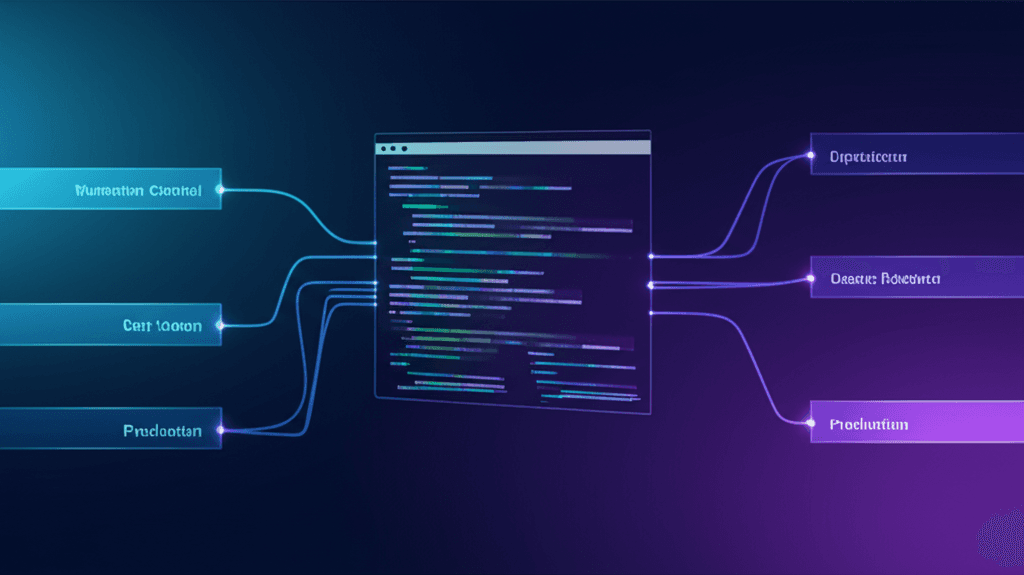ElevenLabs CLI Revolutionizes AI Agent Development with "Agents as Code"
Streamlines conversational AI, treating agents as code for version-controlled, collaborative, and integrated development workflows.
July 29, 2025

In a significant move to streamline the development of conversational AI, ElevenLabs has launched a new command-line interface (CLI) that allows developers to build, manage, and deploy voice and chat agents as code.[1] This development marks a pivotal shift, aligning the creation of sophisticated AI agents with the established principles of modern software engineering. The new tool empowers developers by enabling them to use version control systems like Git to track changes, roll back to previous versions, and synchronize their agents with the ElevenLabs platform, all from their local terminal.[1] This "Agents as Code" approach replaces cumbersome manual configurations through web interfaces with a more robust, efficient, and collaborative workflow.[2]
The introduction of the CLI is poised to have a profound impact on how developers approach the creation of conversational AI. By treating agent configurations as code, developers can now integrate their AI agent development directly into their existing DevOps pipelines.[1] This means they can manage different versions of their agents for development, staging, and production environments, ensuring consistency and reliability.[2] The CLI supports multi-environment configurations, allowing for separate API keys and settings for each stage of the development lifecycle.[2] This structured approach mitigates the risk of accidentally overwriting production configurations and provides a clear audit trail for every change made to an agent.[2] Furthermore, the tool includes secure authentication methods, such as OS keychain integration and support for environment variables in CI/CD pipelines, addressing critical security concerns in enterprise-level development.[2]
The new CLI from ElevenLabs is not just about version control; it's about accelerating the entire development process and expanding the possibilities of what can be built. The tool comes with a set of pre-built templates for common use cases, including customer service bots, voice-only agents, and text-only assistants, which allows developers to get started quickly.[2] These templates provide a solid foundation with sensible defaults that can be easily customized. The CLI also facilitates the integration of agents with external APIs, databases, and other services through webhook and client-side tool integrations, complete with built-in authentication.[2] This opens the door for creating highly capable agents that can perform a wide range of tasks, from generating instant documentation agents that stay updated with a codebase to creating site-aware assistants that understand the structure of a web application.[2] A local scratchpad feature even enables other AI coding agents to programmatically reason about and update the voice agents, further enhancing automation.[1]
The broader implications of ElevenLabs' new CLI extend to the democratization and scalability of advanced conversational AI. By providing a developer-centric toolkit, the company is lowering the barrier to entry for creating sophisticated voice agents that can be deployed at scale.[3] This aligns with the growing demand for more natural and human-like AI interactions in various sectors, including customer support, education, and entertainment.[4][5] The ability to rapidly create, test, and deploy AI agents means businesses can more easily automate tasks, resolve customer issues faster, and deliver personalized experiences.[3] The CLI, which is open-source and available on GitHub, also fosters a collaborative environment where developers can contribute to the tool's evolution.[1] As voice AI becomes increasingly integrated into our digital lives, tools that promote best practices in software development, such as version control and automated deployment, will be crucial for building reliable and powerful applications.